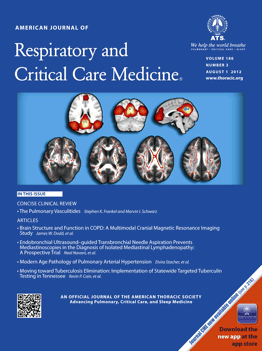 The American Journal of the Medical Sciences has retracted a 2012 article on premature heartbeats by a group of authors in Missouri who took “significant” liberties with an earlier paper in Heart.
The American Journal of the Medical Sciences has retracted a 2012 article on premature heartbeats by a group of authors in Missouri who took “significant” liberties with an earlier paper in Heart.
The offending paper, “Ventricular ectopic beats: an overview of management considerations, “was written by Amar Jadhav and colleagues at the University of Missouri School of Medicine, in Columbia, and published in the February issue of the AJMS.
According to the retraction notice: Continue reading Mizzou investigating faculty as one heart beats as two in plagiarized — and now retracted — cardiac paper








